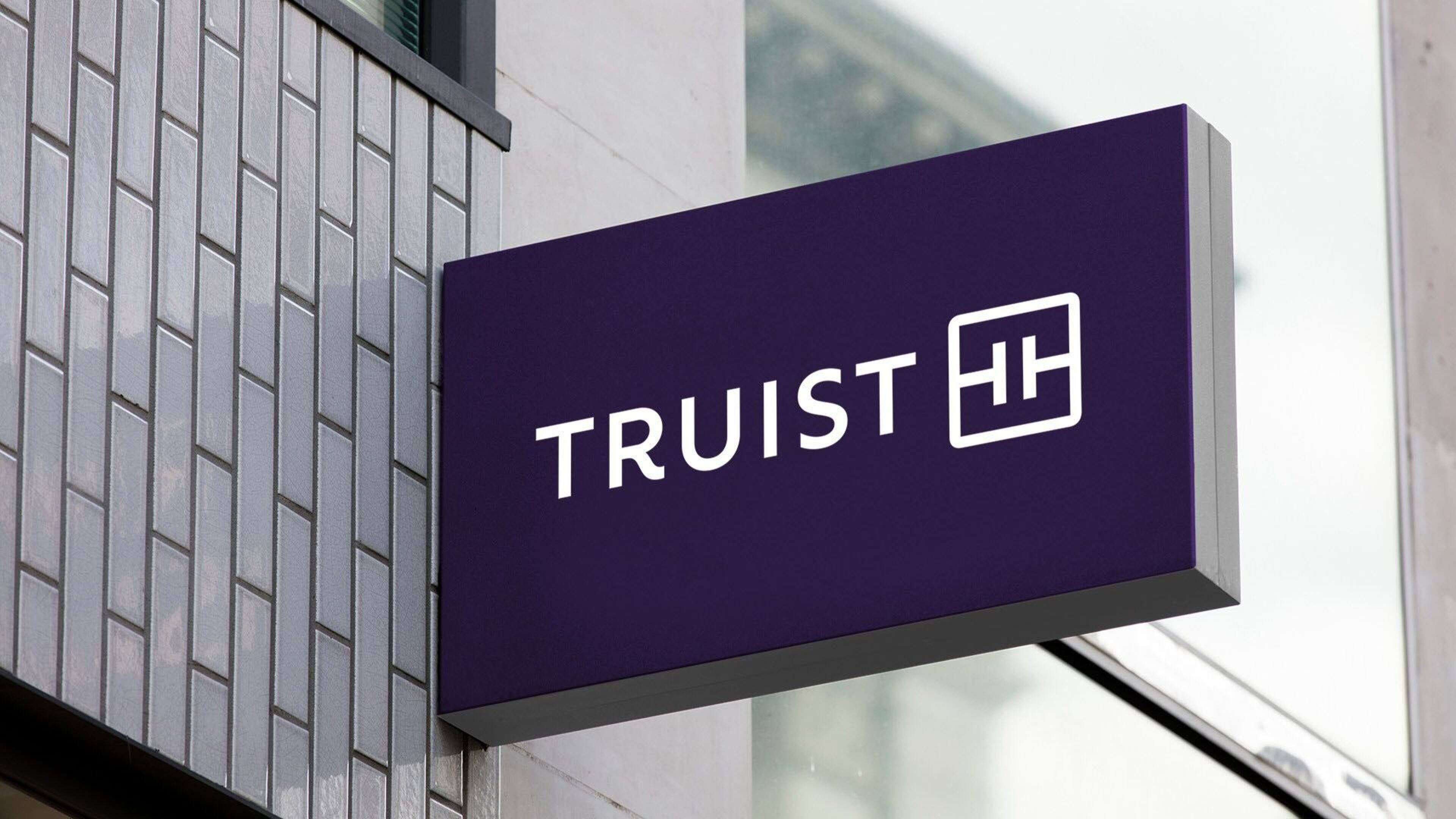Truist plans ‘sizable’ layoffs; target of cuts uncertain

Truist Financial Corp., which operates more than 2,000 branches with thousands of employees in Georgia, announced Monday that it plans “sizable reductions” to its workforce in the next six months.
Officials did not offer details on where the layoffs and other cuts would be made.
But Bill Rogers, president and chief executive, told investors and analysts at a financial conference Monday that the company’s changes were a “pivot” that would position Truist well for the future. “I am highly aware that our financial performance has not met all of your expectations. It’s not met mine either.”
He and other officials sketched out a series of moves they said would consolidate operations, eliminate management positions and restructure its use of technology.
“These will all benefit long-term revenue growth,” Rogers said. “Now is the time to pivot and to pivot quickly.”
Those changes are part of company efforts to save roughly $750 million during the next 18 months. About $300 million of those savings will come from cutting positions, Rogers said.
The Charlotte-based bank was formed nearly four years ago in the merger of BB&T and Atlanta-based SunTrust, resulting in the closure of many branches that had been close to each other. The most recent company information puts its Georgia workforce at 7,400.
Truist has been criticized for not being as aggressive as expected in the aftermath of that merger, according to American Banker.
“While Truist has taken recent steps to cut costs, remix its balance sheet and achieve greater efficiency, some analysts and investors want the North Carolina company to move faster and make bigger, bolder changes to improve its stock price,” American Banker reported.
While economists have steadily discounted the odds of a recession, most say a downturn is still possible. A recession, which typically means a drop in consumer and business spending and a loss of jobs, often hits banks hard as many of its customers struggle to pay off credit cards and housing loans.
The company’s revenues over the past year were $30.4 billion.
In February, Truist closed at a 12-month high of $50.39 before dropping hard in March, finally bottoming out in May at $26.21 a share.
Company stock Monday was trading at $30.14 a share in the late afternoon, up 36 cents a share for the day.


